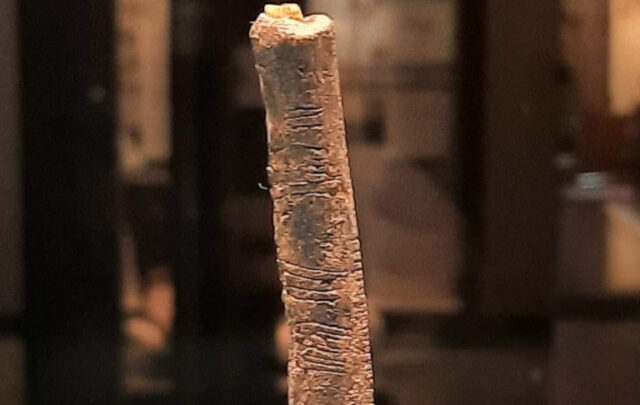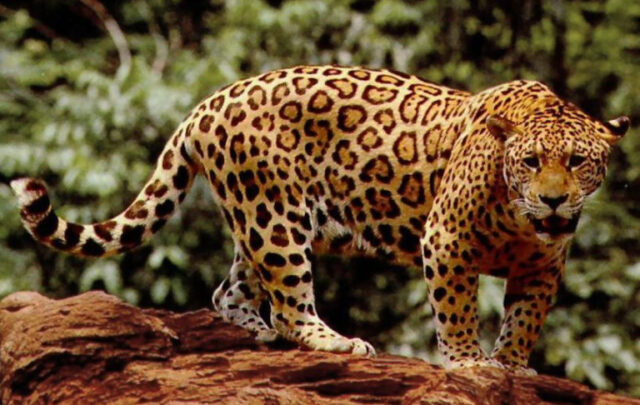It may be a cheesy way of putting it, but I do not appreciate the moving of my “conservative.” Not that I had one locked in the basement or mounted on the wall. No, it’s the word itself that got moved. “Conservative” got uprooted from the fertile soil of sound linguistics and replanted in the political forests of Gobbledygook.
Of course, Who Moved My Cheese was all about change, and cheese gets moved all the time, so perhaps the moving of “conservative” is no big deal either. Yet I think it is. After all, in American politics there are but two major camps: liberals and conservatives. To slop around with words such as “conservative” or “liberal” is like slurring the words “I do” at a wedding. When you’re at the altar, it is crucial to know: Do you or don’t you? Everyone from the fiancé to the county clerk needs a meaningful answer.
In American politics, we need to know what “conservative” stands for. (“Liberal,” too, but that’s for another day.)
The problem here goes right to the core of the word. The core of the word, it bears emphasizing, is “conserve.” This is not some veiled or irrelevant core. It’s not like the “andro” in “android.” The fact that “andro” means male is pure trivia, and you’ll hardly use the word to begin with. Nor is “conserve” tucked into “conservative” like some Latin syllable in the genus Parelaphostrongylus (brainworm, if you must know). No, the “conserve” in “conservative” is there for all to see, dominating the word in letters, action, and emphasis.
According to the Merriam-Webster Dictionary, “conserve” means “to keep in a safe or sound state… especially: to avoid wasteful or destructive use.” The first example given? To “conserve natural resources.” Obviously! “Conserve” goes with natural resources like “defend” goes with country and “safeguard” goes with Constitution. That’s why those who conserve natural resources are called “conservationists.” (At CASSE, we like to call them “steady staters.”)
The political manifestation of a conservationist, then, would warrant the label “conservative.” Anything politically “conservative” ought to refer, especially, to the conservation of natural resources. Certainly, the word “conservative” should never be used to refer to the non-conservation of natural resources.
Therefore it really takes the cake, cheesecake even, that the word “conservative” has come to mean such an anti-environmental, pro-growth, transform-the-world-into-plastic agenda. It’s always “conservatives” who want to roll back environmental protections. “Conservatives” push for drilling in the Arctic. “Conservatives” want to gut the Endangered Species Act. “Conservatives” don’t want to limit greenhouse gas emissions. Hummer drivers and Yukon drivers like Glenn Beck call themselves “conservatives.”
“Conservatives” my keister!
Moving our cheese is one thing, but commandeering it and polluting it in such a way that we wouldn’t want to use it again… that has to be some kind of sin. It’s stealing, lying, and adulterating the truth, all in one. It’s the killing of common sense, the death of candid dialogue. It’s hiding a sow’s ear in a silk purse.





